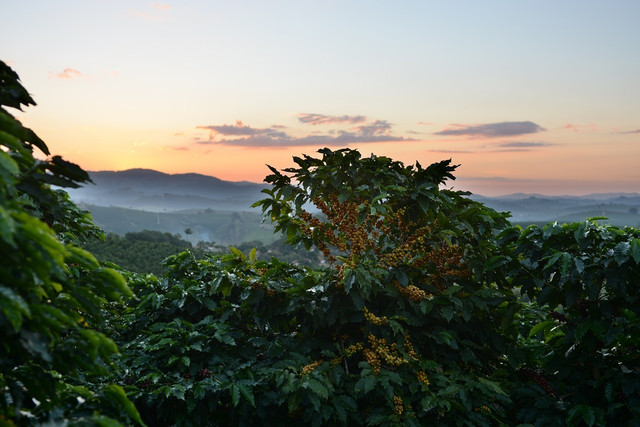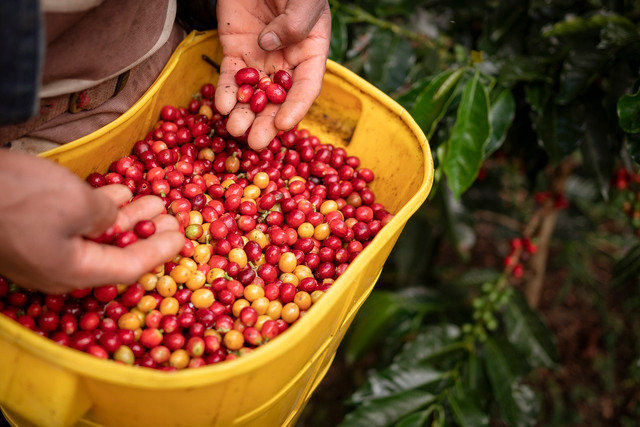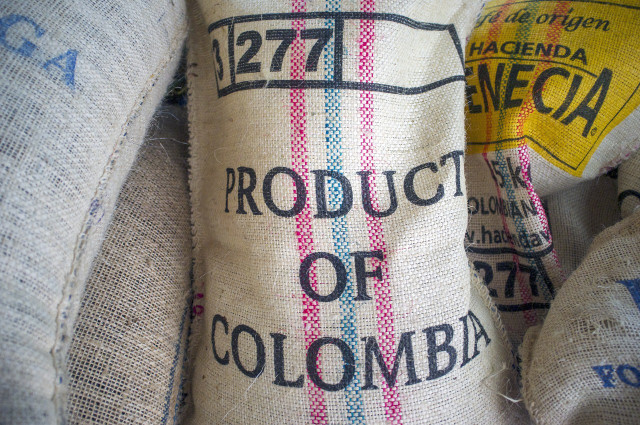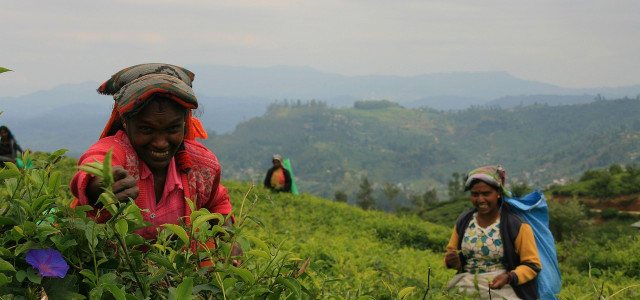How will climate change affect coffee-growing regions of the world and threaten your morning cup of joe? Read on to learn how coffee may become exceedingly rare.
Today, a substantial portion of the global population starts their day with a cup of coffee. How will this differ when climate change causes coffee-growing regions to become dry and arid, no longer suitable for growing coffee beans?
The Intergovernmental Panel on Climate Change expects global temperatures to increase by up to 3.0°C by 2050. Climate scientists predict this change will alter climates currently best suited for producing coffee and cause shifts in production. It’s hard to imagine our widespread coffee culture disappearing as coffee becomes a rare commodity, and we may see a future where we can only enjoy it on special occasions.
Recent studies have attempted to predict how climate change will affect the suitability of coffee in areas that dominate bean production. The results are likely to disappoint coffee lovers: there will be hefty declines in climate suitability in the majority of the world’s most prolific coffee-growing regions.
Wondering why you should drink Fairtrade coffee? Check out our guide for all the myths, facts and recommendable brands.
How Climate Change Will Affect Coffee-Growing Regions

Today, coffee beans are mostly grown in a belt-like strip along the earth’s equator. This includes Central and South America, Central and West Africa, and some areas of South and Southeast Asia. Brazil is the top producer of coffee worldwide.
As coffee beans grow on plants that prefer cool-to-warm tropical climates, a rise in average temperature will negatively affect production. When coffee plants are grown in high temperatures, the fruit can ripen too quickly, causing a decrease in bean quality.
Tip: to make sure you get the most flavor and quality out of the coffee beans you have, learn about the best way to store coffee beans in our guide.
Climate change is expected to alter tropical regions as average temperatures rise, water becomes more scarce, and higher carbon dioxide levels impact the quality and quantity of coffee cultivation. The effect of changes in temperature and precipitation patterns on arabica beans, the most widely grown variety, will reduce quality and quantity, leading to a higher incidence of disease and pest contamination.
Another study, which evaluated climate change’s impact on coffee, cashews and avocados — key crops in global trade and typically produced by small-scale farmers in tropical regions — supports these claims. Coffee was found to be the most sensitive of the three crops, with climate change estimated to impact the majority of coffee-growing regions.
Side note: In the future, it will likely be possible to grow cashews and avocados in more places, as different areas experience the conditions necessary for growing these foods. However, the regions that have historically produced them will likely be negatively affected.
Small-Scale Farmers



Changes to coffee production will affect consumers and growers, and cause economic fluctuations worldwide. Coffee is a primary plantation crop in many countries and is an important source of income for many that rely on it for revenue, like Colombia and Brazil. Furthermore, coffee is largely produced by small-scale farmers, meaning they and rural economies will experience the brunt of the consequences.
These changes will require governments to take adaptive measures regarding land and agricultural management. Another factor is that coffee, cashew and avocado crops all have lifespans of several decades and thus require long-term planning to adapt.
Indeed, the loss of coffee as a staple commodity is one of the many adverse consequences expected to arise from climate change. While the Global North may dominate demand for coffee production, the roughly 125 million people whose livelihoods depend on it will likely face significant challenges. Considering 25 million small-scale farmers produce 80% of coffee plants, this is a problem.
The Future of Coffee



As the tropics become too arid and dry for growing coffee, other regions of the world will likely begin cultivating coffee plants. For example, some temperate regions in China, Argentina and the US are expected to be able to grow coffee by 2050. However, this will likely take decades, and these regions may not be able to meet the same level of coffee production that exists today.
Research about the expected impact of climate change on tropical regions is vital to understand how to prepare for the future. But so far, the majority of research has focused on temperate ecosystems, concentrating on staple crops like wheat, corn, potatoes and oilseeds.
Despite being home to about 40% of the world’s population, the tropics have seen much less research when it comes to the influences of global warming. Moreover, despite the actions some global leaders have taken to target climate change, many believe the impact on coffee plants is already irreversible.
Just as there are pervasive global inequalities today, the impact of climate change will not be distributed evenly. In some ways, they will reflect current inequities — we can already see the Global South experiencing some of the horrors of climate change with heat waves, droughts, famine and flooding.
What we can do now is to consume fair-trade coffee in modest quantities while supporting environmental activism when we can. And try to appreciate the coffee you drink now — it may not always be possible to find it so easily.
Read more:
- Is Palm Oil Sustainable? Deforestation & Environmental Impact
- Environmental Stewardship: Definition and Examples
- Take Action: 15 Everyday Ways to Combat Climate Change
- Most Common Caffeine Withdrawal Symptoms and How To Beat Them
Do you like this post?







